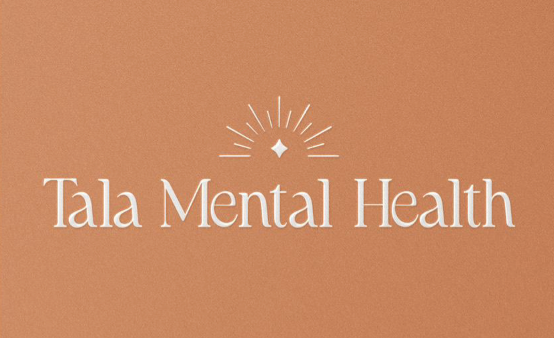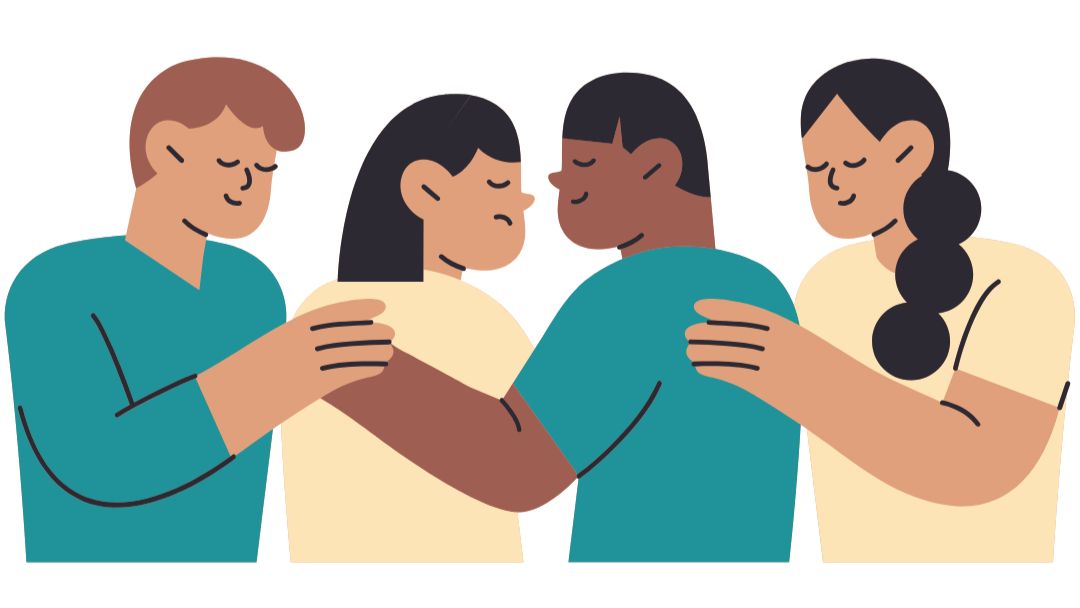Haunting Ourselves with Negative Self-talk
Have you ever noticed your self-talk, or the way you talk to and about yourself? Does your inner dialogue have a negative or positive tone?
This spooky season, we’re talking about how negative self-talk can be haunting. How? When we engage in negative self-talk, we echo the hurtful, unhelpful thoughts.
Negative self-talk can sound like:
- It's so typical of me to ruin the day, task, relationship etc.
- I’m too lazy to finish this, I’m always failing.
- I’m not doing enough.
- I never do the right thing!
When persistent, these thoughts can stunt our growth. They are limiting beliefs and keep us in a state of rumination and often, decreased motivation.
Be mindful of how you speak to yourself. Be gentle and encouraging, just as you probably are to your loved ones.
Positive self-talk can sound like:
- I’m not failing, I can learn from this
- I forgive myself
- I’m trying and doing my best
- I can make mistakes and still be worthy
Written by: Elaine Raif

We are excited to announce that we are now accepting AETNA insurance. Start by contacting us for a consultation and we can help you understand your benefits.
Enjoyed this message?
feel free to share it by clicking below



